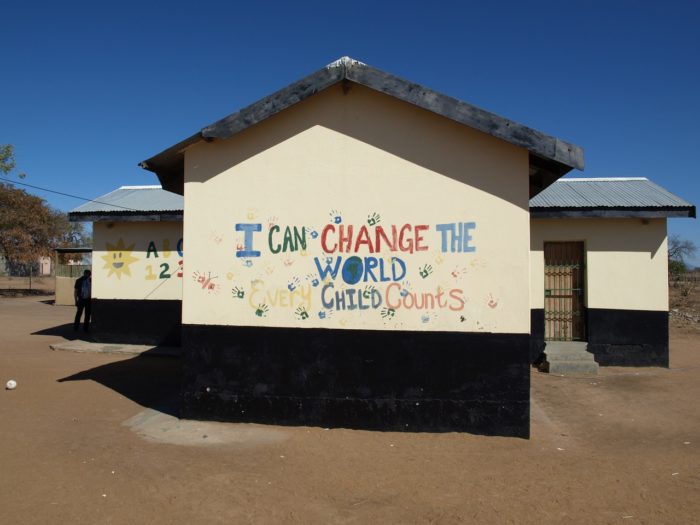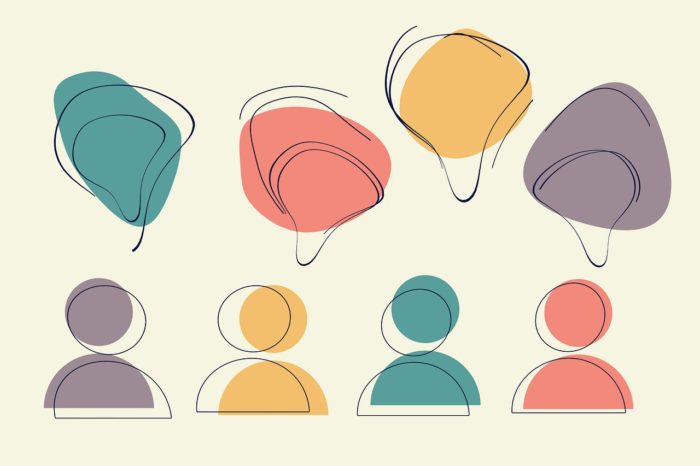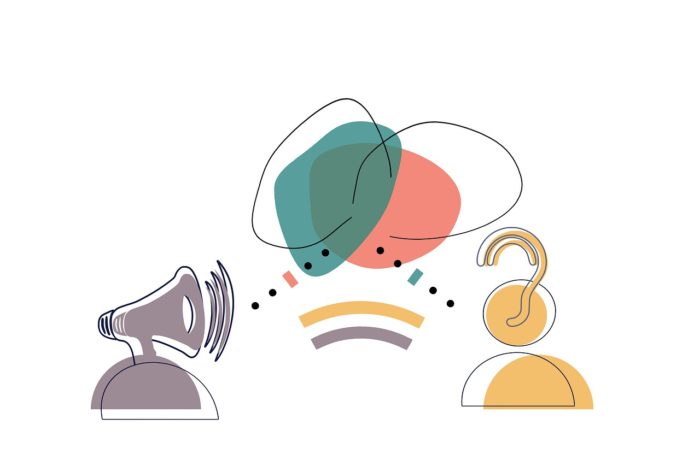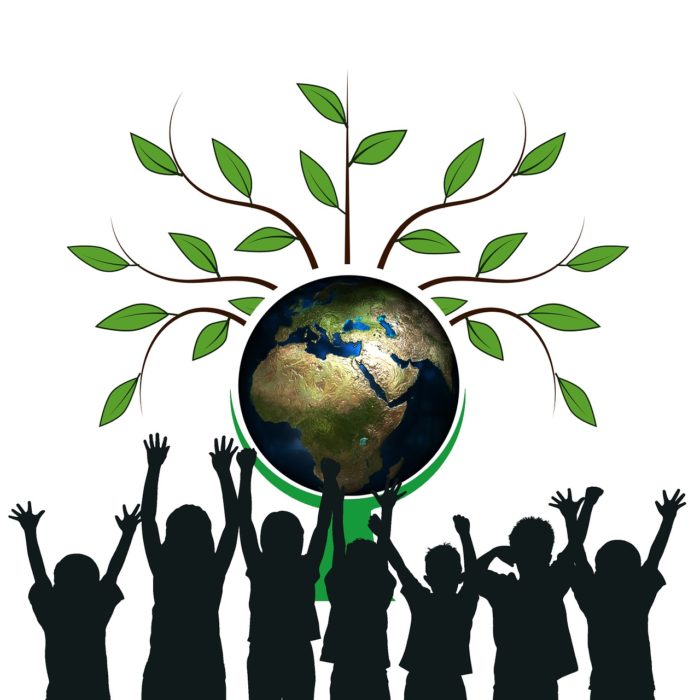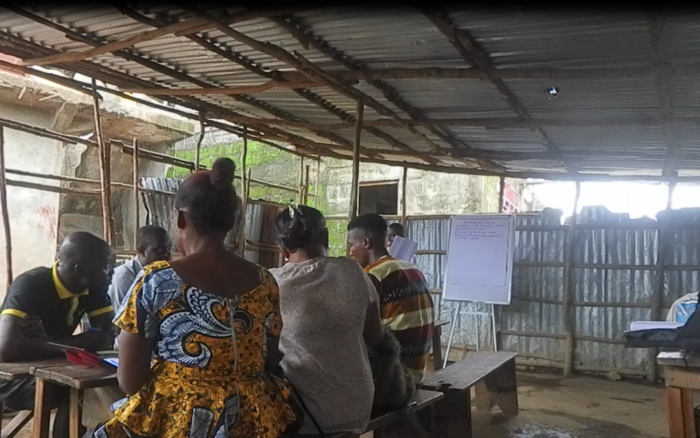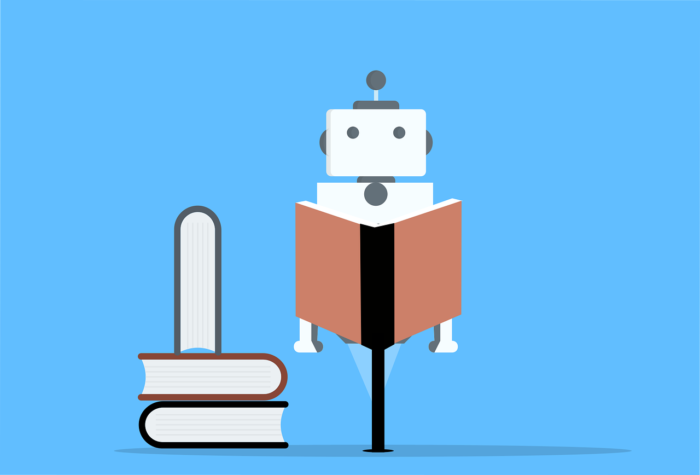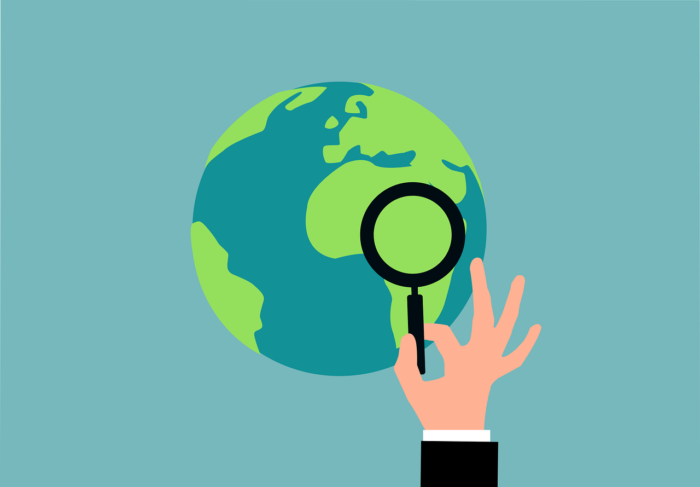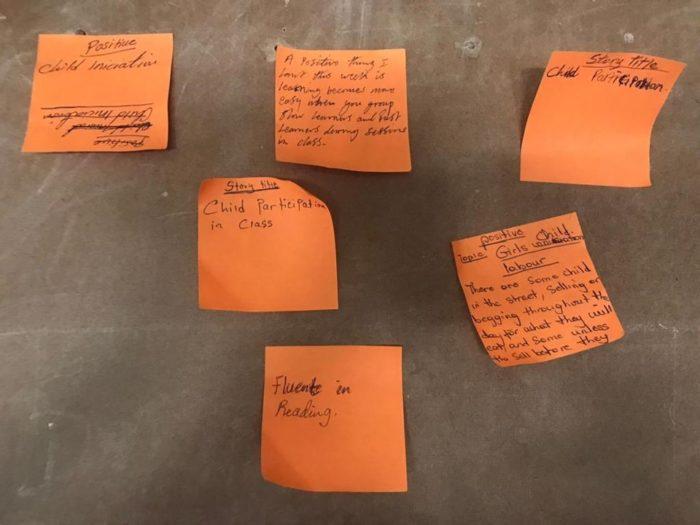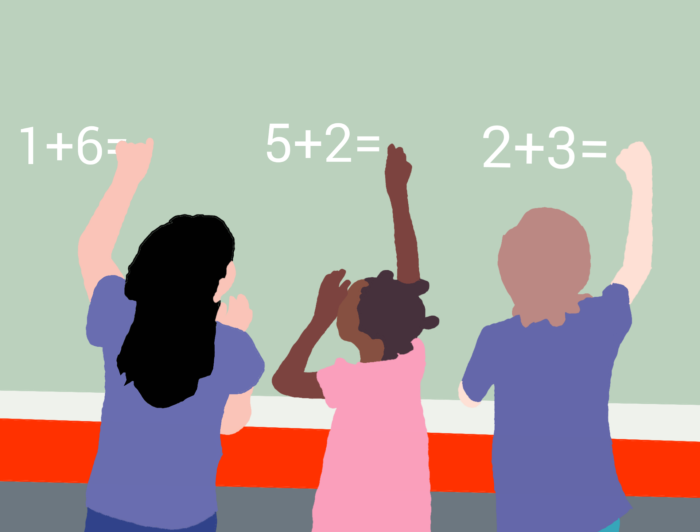Nearly a third of the time in childhood and early teenage is spent in school classrooms. A school is a place to develop skills and abilities and create friendships. It is an environment for thriving social interactions that will be essential on their journey to adulthood. School should be a place where students learn, and have fun as well. School should not be a hindrance for children, because, in that space, they not only develop social, physical, and mental skills and abilities but also undergo physical changes. Therefore, no health risks should be at stake.
Continue reading “School: A Second Home for the Children”Kam, leh wi it
Kam, leh wi it (come, let’s eat together) – one of the teachers tells me after we finish the interview. I’m at one of our pilot schools, for a research that explores the barriers and enablers of effective school-based, peer-supported, teacher professional development. The topic is a mouthful, but teaching and learning on an empty stomach is one of the main barriers that teachers and learners face.
Continue reading “Kam, leh wi it”Access
Get the remote and choose a news channel. You have loads. Get your phone and browse for a newspaper. You have tons. You have options, but not everyone does.
Having wider options as a country does not mean that we gain the medal of freedom of the press. It means that the citizens have more sources to compare and create a more substantiated opinion.
We are immersed in our own reality. I got it. We are busy, and we live in a fast-paced environment. However, let’s bear in mind that what is meaningless for us, is a privilege for others. Freedom of access to information is not only about access to knowledge but also about the capacity to make knowledgeable decisions.
The “Improving Learning Through Classroom Experience” Study
Examples of small changes in building design, or retrospective adjustments, have anecdotally been shown to improve the learning experience in the region. There is little research on improving the learning experience through infrastructural development – or how to achieve these changes in sustainable and cost-effective ways. The objective of the ILCE programme is to garner greater insight into the role of infrastructure in students’ and teachers’ experiences, moving past anecdotal case studies and providing evidence through primary data measurement.
Where is the project based?
The project is based initially in Tanzania and will take insights from similar experiences in the East Africa region.
What is the duration of the study?
Fifteen months. From December 2022 to March 2024.
Continue reading “The “Improving Learning Through Classroom Experience” Study”No teacher is an Island
When we step into the head-teacher’s office in one of our project schools, Foday, the facilitator comes in and greets us. He asks us to be patient while they sort out lunch for the children and get the teachers together. We sit back and relax, and watch the hundreds of learners receive their rice and plasas under the supervision of their teachers. We are there to observe a TGM: a Teacher Group Meeting. Teacher Group Meetings are meetings where teachers come together to share challenges and advice. Their aim is to facilitate an environment wherein teachers share knowledge and skills, and improve their practice through peer-learning. The facilitators are teachers who were chosen by their school leader to run these meetings and attended a one-day workshop in preparation for that. During the workshop, they learned about facilitation: how to create a safe environment during the TGMs and to encourage interaction between teachers. Facilitators were also offered materials and a structure for facilitating a TGM, which they altered to fit their own unique school contexts and their colleagues’ needs.
Continue reading “No teacher is an Island”Can digital personalized learning end the world’s education crisis?
The blogpost was written by Andaleeb Alam, UNICEF, and Dr. Nathan M. Castillo , University of Illinois at Urbana-Champaign, and published on the Education for All blog on June 20, 2022. The blogpost is available at https://www.globalpartnership.org/blog/can-digital-personalized-learning-end-worlds-education-crisis. It is published here without any modifications and with permission from the authors.
Learning at your own pace, catching up on missed classes, filling learning gaps… EdTech products can offer many solutions in lower-income countries. A new analysis by UNICEF shows good practices and areas for improvement to make these products more equitable and effective.
Learning is in crisis. Even before COVID-19, 53 percent of children in low- and middle-income countries (LMICs) were unable to read and understand a simple text by the age of 10. The pandemic is expected to push that figure up to 70 percent.
The past decade has generated major advances in technology and experimentation with digital learning solutions that enable a new kind of experience – by tailoring learning to the needs of the individual; what we are calling digital personalized learning.
Digital personalized learning has shown promise in LMICs in closing education gaps for lower-attaining students by allowing them to learn at their own pace and to their own proficiency, positioning it as a potential tool to address learning gaps as the worst of the pandemic recedes.
Continue reading “Can digital personalized learning end the world’s education crisis?”Decolonizing EdTech in Africa: picking local EdTech solutions over foreign solutions
By Abdul Mohamed . Originally posted on LinkedIn
I recently attended the eLearning Africa conference in Kigali: the largest and longest Africa focused digital learning gathering.
However, within an hour of entering the venue, I was surprised to find that most of the EdTech solutions on display were foreign. This observation was unsettling, a disappointment that many other attendees also commented on. I ran the numbers, nearly 80% of the 51 EdTech solutions on display were foreign.
What stung most, and sparked this piece, was that many of foreign EdTech solutions seemed to show little care for adapting their solutions to the needs of African learners.
- A digital classroom solution provider demoed their product, which was completely in German
- Another eLearning product boasted about their 3,000+ courses, of which 60%+ are taught in German
If curious, yes, there are German speaking Africans. 0.001% of Africa’s 1.3B citizens speak German.
Continue reading “Decolonizing EdTech in Africa: picking local EdTech solutions over foreign solutions”Tich Mi Ar Tich Dem
Over the past two decades, Sierra Leone has faced a series of shocks: a civil war, landslides, Ebola, and the COVID-19 pandemic. These shocks have aggravated the learning crisis that the country’s education system faces—and dramatically increased the pressure on teachers to deliver high-quality support to children.
In this context, the Ministry of Basic and Senior Secondary Education and the Teaching Service Commission have come together to design a low-cost and scalable initiative to support the professional development of the education workforce. The initiative is school-based, technology-supported, and focused on early grade literacy and numeracy.
With funding from Dubai Cares, we have started to support the Government of Sierra Leone to build evidence to inform the development of the model under the Tich Mi Ar Tich Dem—’teach me to teach them’— programme.
Continue reading “Tich Mi Ar Tich Dem”Better Purpose on the Science of Learning
Colleagues over at Better Purpose are offering insights into the Science of Learning through their Science of Learning report.
They have this to say:
- Our Science of Learning report summarises how children learn (in general, when learning maths and how to read, in adolescence and remotely using technology).
- While access to education has significantly increased worldwide, hundreds of millions of children are still not achieving the level of learning that they should. A major contributor to the lack of progress in learning is an implementation gap between what the theory tells us about how children learn most effectively and the practices deployed by teachers in classrooms; this gap is particularly acute in low-income contexts.
- In recent years, advances in the sciences of the brain have built a compelling body of knowledge about how children learn. This report presents a summary of key evidence about how children learn, drawing on research from neuroscience, behavioural sciences, and cognitive sciences. It provides an overview of useful frameworks which translate the science of learning into implications for teaching. It also highlights some leading organisations who are shaping this field and provides references for further learning.
- In compiling this report we have drawn upon the work of leading researchers from all over the world, whose publications cover both high and low-income contexts. Our assumption is that while the core principles of how children learn apply universally, more research is needed to examine how the application of these principles differs across contexts. We hope that this report provides a useful reference point for learning and practice.
For more information, visit the Science of Learning.
Policymakers and Girls’ Education in Emergencies in Kenya
In a recent report, we explore the extent to which policymakers in Kenya have produced or used quality data to drive equitable and coordinated provisions of education for girls and women. We conducted 25 semi-structured interviews with a wide range of key stakeholders, both at the national and county levels. We also consulted non-state actors such as United Nations organisations, civil society organisations, research organisations, non-governmental organisations and religious authorities.
Continue reading “Policymakers and Girls’ Education in Emergencies in Kenya”
